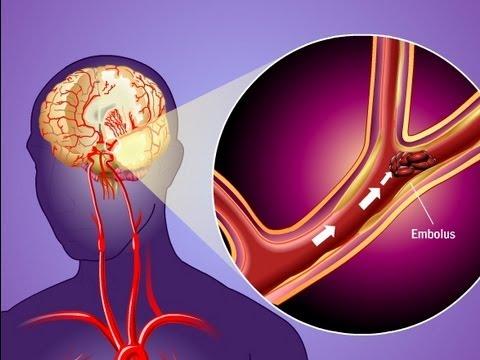
The miR-34b/c rs4938723 polymorphism is positively associated with the risk of ischaemic stroke, reveals a recent study, which indicates that rs4938723 can be used to predict ischaemic stroke or to improve therapy in the future.
Using the Snapshot assay, the investigators genotyped miR-34b/c rs2187473 and rs4938723 polymorphisms among 492 ischaemic stroke patients and 495 controls, as well as quantified the expression levels of miR-34b and miR-34c by real time polymerase chain reaction. Finally, luciferase reporter assay was used to measure the transcriptional activity of miR-34b/c promoter.
A significant association was found between rs4938723 and an increased risk of ischaemic stroke (CC vs TT: odds ratio [OR], 2.34, 95 percent confidence interval [CI], 1.47–3.72; p=0.001; C vs T: OR, 1.37, 95 percent CI, 1.12–1.68; p=0.002; CC vs TT + TC: OR, 2.12, 95 percent CI, 1.37–3.29; p=0.001).
Compared with controls, ischaemic stroke patients showed significantly downregulated expression levels of miR-34b and miR-34c (p<0.05). On further analysis, the expression levels of miR-34b and miR-34c were also downregulated in individuals carrying rs4938723 CC genotype as compared with those carrying TT + TC genotypes (p<0.05).
Based on the results of luciferase reporter assay, the rs4938723C allele reduced the transcriptional activity of miR-34b/c promoter compared with the rs4938723 T allele.
“Polymorphisms in microRNA genes are related to the risk of ischaemic stroke, but the association between miR-34b/c polymorphisms and the risk of ischaemic stroke has not been [previously] reported,” the investigators said.